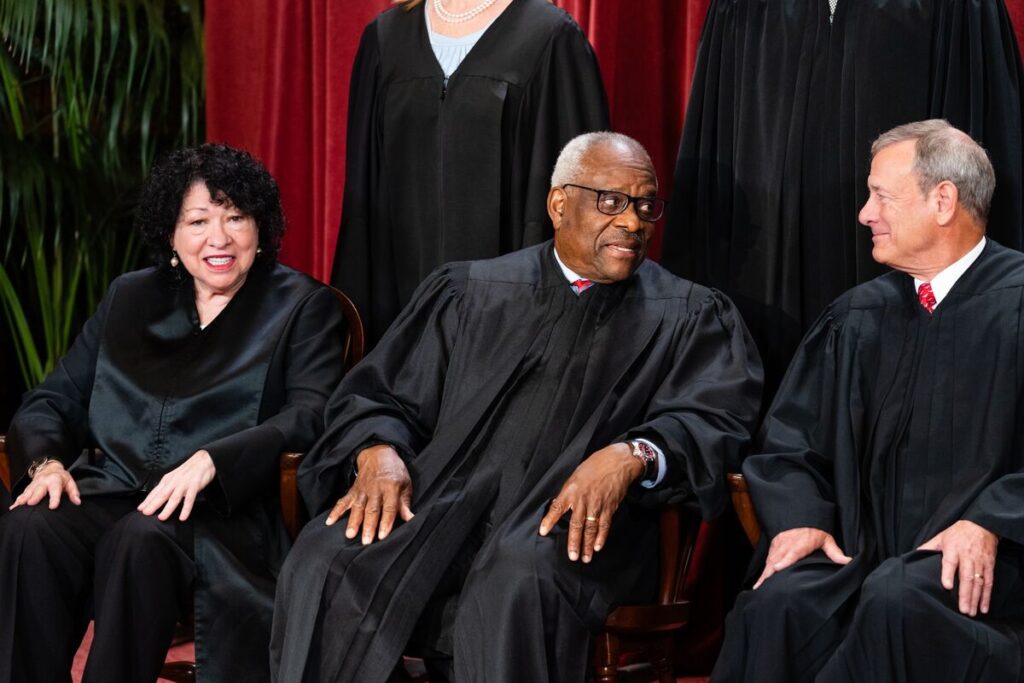The U.S. Supreme Court issued a landmark ruling on Thursday, siding with South Carolina in its effort to defund Planned Parenthood—a decision with broad national implications for the abortion provider.
In a 6-3 ruling split along ideological lines, the Court’s majority held that Medicaid recipients cannot sue to enforce their choice of medical provider. The justices concluded that the federal law at issue does not grant individuals the right to bring legal claims against the government over such matters.
The ruling delivers a major setback to Planned Parenthood, which had hoped to secure substantial funding through Medicaid patients seeking care at its clinics. “Congress knows how to give a grantee clear and unambiguous notice that, if it accepts federal funds, it may face private suits asserting an individual right to choose a medical provider,” Gorsuch wrote. But he added, “That is not the law we have.”
While the Hyde Amendment prohibits federal funds from being used for abortion services, conservatives have long contended that allowing Medicaid to reimburse Planned Parenthood for other reproductive health services indirectly supports the organization’s capacity to perform more abortions each year.
Justice Ketanji Brown Jackson, writing for the dissenting justices, argued that the ruling is part of a broader trend weakening the 1871 Civil Rights Act. Enacted after the Civil War, the law was designed to allow individuals to sue the government to uphold their civil rights.
“South Carolina asks us to hollow out that provision so that the state can evade liability for violating the rights of its Medicaid recipients to choose their own doctors,” she said. “The court abides South Carolina’s request. I would not.”
Following the 2022 overturning of Roe v. Wade, the state moved to cut off all funding to Planned Parenthood. South Carolina currently enforces a six-week abortion ban, and only two Planned Parenthood clinics remain in operation—one in Charleston and one in Columbia. Supporters of the organization, according to NBC News, highlight its role in providing a range of other health services, including contraception, cancer screenings, and pregnancy testing.
Julie Edwards, a Medicaid-eligible patient, joined Planned Parenthood’s lawsuit, arguing that she had the right under civil rights laws to choose her own healthcare provider. Edwards initially secured a favorable ruling in a lower court, but that decision was overturned when the Supreme Court agreed to hear the case.



